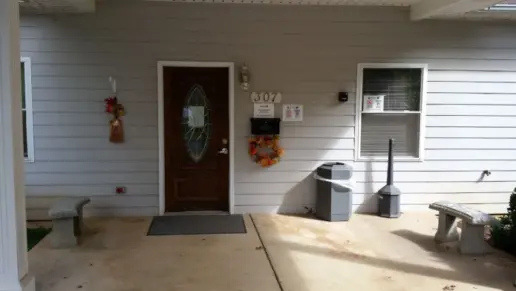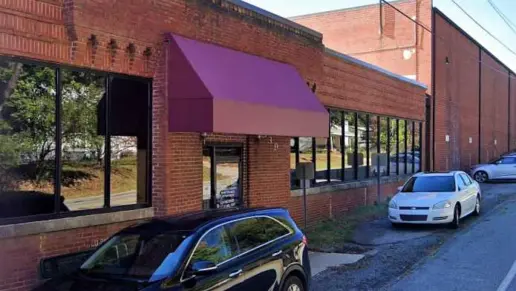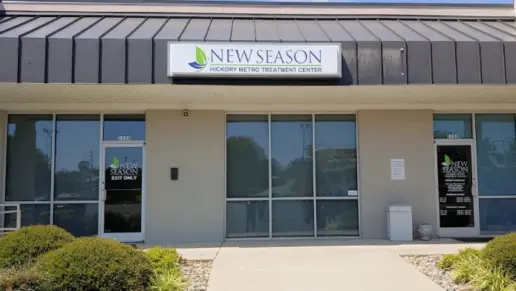About Healing Transitions – Women’s Campus
Healing Transitions - Women’s Campus is a recovery support center located in Raleigh, North Carolina. They provide services to women who are over the age of 18 and are struggling with substance abuse disorders. This facility is available for individuals in the community who are experiencing homelessness, are underinsured or uninsured. They provide non medical detox, emergency shelter, outreach support, housing for women and supportive living for men as well. Other services they provide include family support programs and a long term recovery program. They offer these services at no cost to you.
This facility gives you an opportunity to get the help you need in a safe environment with staff and other peers who will help you move forward. Their non medical detox is available 24 hours a day and is an alternative to jail or being out on the street. The team at this facility will conduct an assessment to determine the next best steps for getting you the healing you need.
The housing for women creates a safe, secure and supportive environment for you to focus on your recovery. Depending on your circumstances, such as losing your home or a job, being in an atmosphere of sober living and ongoing recovery can be the best thing for you. While you are a resident, the only requirement is to be active and participate in their long term recovery program. This program helps create exposure to working a 12 step program, handling responsibilities, obtaining employment and service work like assisting in teaching classes and helping others in their recovery.
Latest Reviews
Rehab Score
Gallery
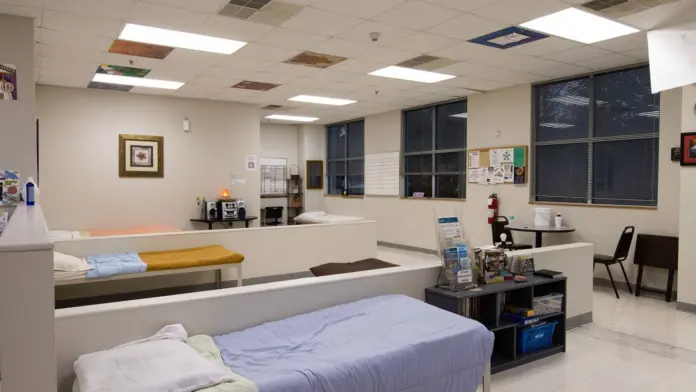
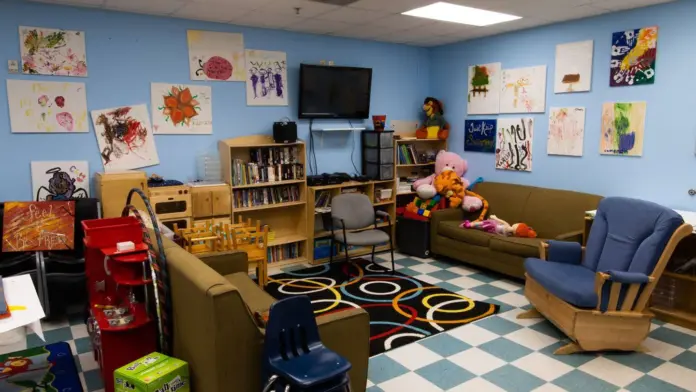
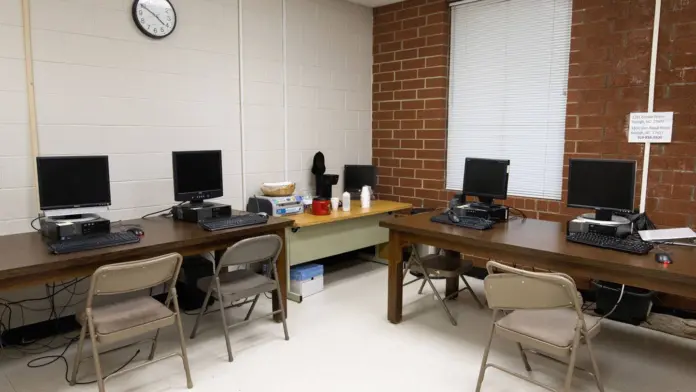
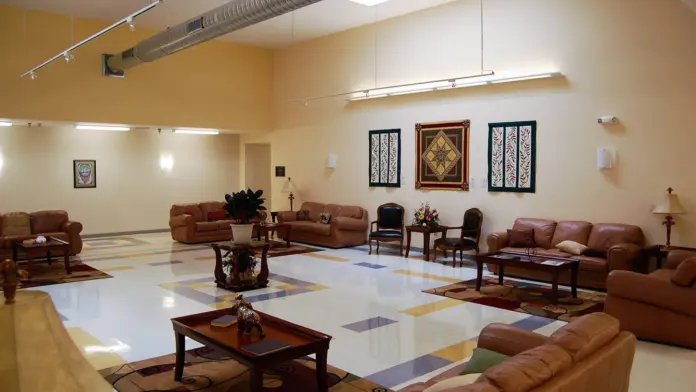
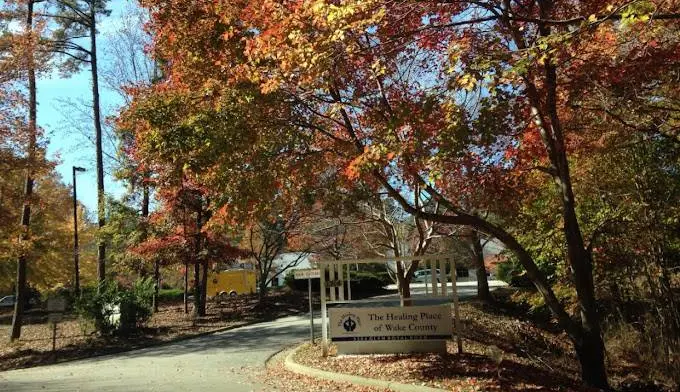
Location
Other Forms of Payment
Private insurance refers to any kind of healthcare coverage that isn't from the state or federal government. This includes individual and family plans offered by an employer or purchased from the Insurance Marketplace. Every plan will have different requirements and out of pocket costs so be sure to get the full details before you start treatment.
Self-pay involves paying for treatment out of your own pocket. You can use savings or credit, get a personal loan, or receive help from family and friends to fund your treatment. If you don't have insurance or your insurance plan doesn't cover a specific program, self-pay can help ensure you still get the care you need.
Addiction Treatments
Levels of Care
Treatments
The goal of treatment for alcoholism is abstinence. Those with poor social support, poor motivation, or psychiatric disorders tend to relapse within a few years of treatment. For these people, success is measured by longer periods of abstinence, reduced use of alcohol, better health, and improved social functioning. Recovery and Maintenance are usually based on 12 step programs and AA meetings.
There are many types of drug rehab in North Carolina. To receive treatment for addiction, you can choose from many inpatient and outpatient programs. Often, participants start with detox and work through a full continuum of care that continues with ongoing support for long-term recovery.
Opioid rehabs specialize in supporting those recovering from opioid addiction. They treat those suffering from addiction to illegal opioids like heroin, as well as prescription drugs like oxycodone. These centers typically combine both physical as well as mental and emotional support to help stop addiction. Physical support often includes medical detox and subsequent medical support (including medication), and mental support includes in-depth therapy to address the underlying causes of addiction.
Substance rehabs focus on helping individuals recover from substance abuse, including alcohol and drug addiction (both illegal and prescription drugs). They often include the opportunity to engage in both individual as well as group therapy.
Programs


Clinical Services
Research clearly demonstrates that recovery is far more successful and sustainable when loved ones like family members participate in rehab and substance abuse treatment. Genetic factors may be at play when it comes to drug and alcohol addiction, as well as mental health issues. Family dynamics often play a critical role in addiction triggers, and if properly educated, family members can be a strong source of support when it comes to rehabilitation.
Group therapy is any therapeutic work that happens in a group (not one-on-one). There are a number of different group therapy modalities, including support groups, experiential therapy, psycho-education, and more. Group therapy involves treatment as well as processing interaction between group members.
In individual therapy, a patient meets one-on-one with a trained psychologist or counselor. Therapy is a pivotal part of effective substance abuse treatment, as it often covers root causes of addiction, including challenges faced by the patient in their social, family, and work/school life.
Life skills trainings involve all the skills a person must have in order to function successfully in the world. These include time management, career guidance, money management, and effective communication. Truly successful addiction recovery is based on the ability to not only live substance-free, but to thrive. Life skills teaches the practical necessities of functioning in society, which sets clients up for success in life, and therefore sobriety.
Amenities
-
Private Rooms
Staff
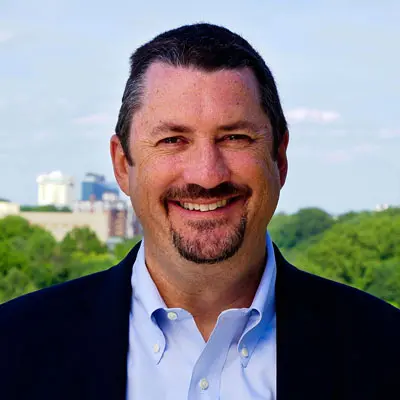
Executive Director
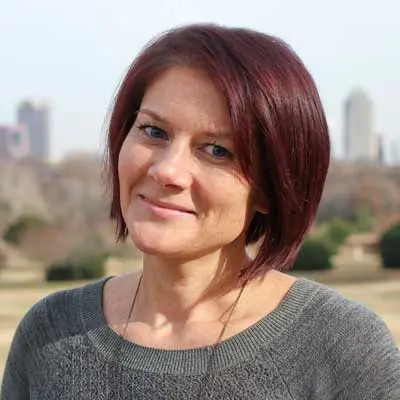
Director of Programs
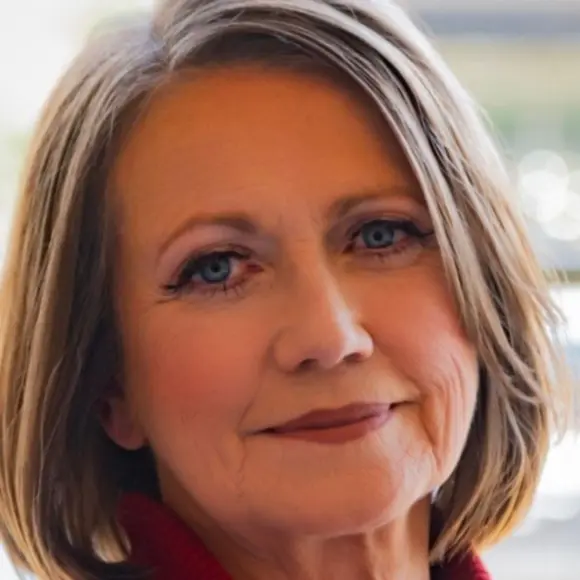
Director of Operations
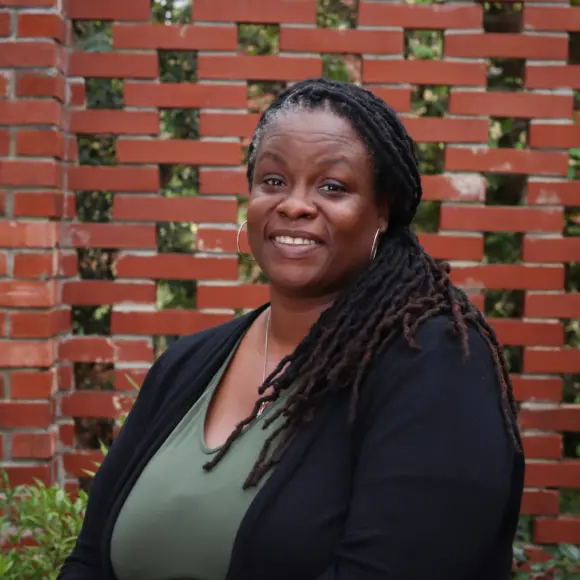
Women’s Director of Recovery Services
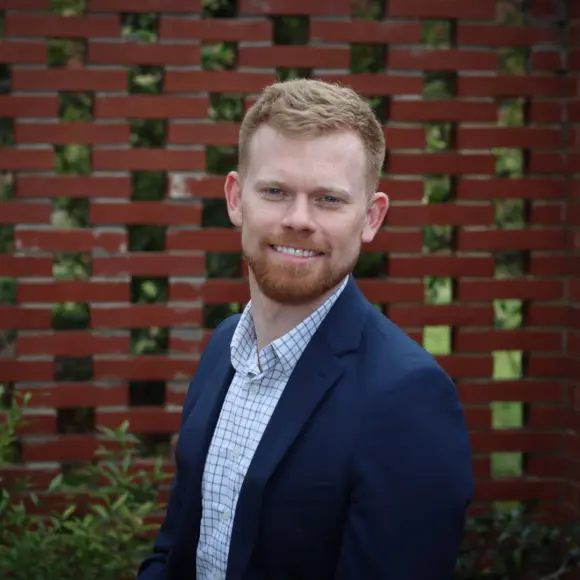
Men’s Director of Recovery Services
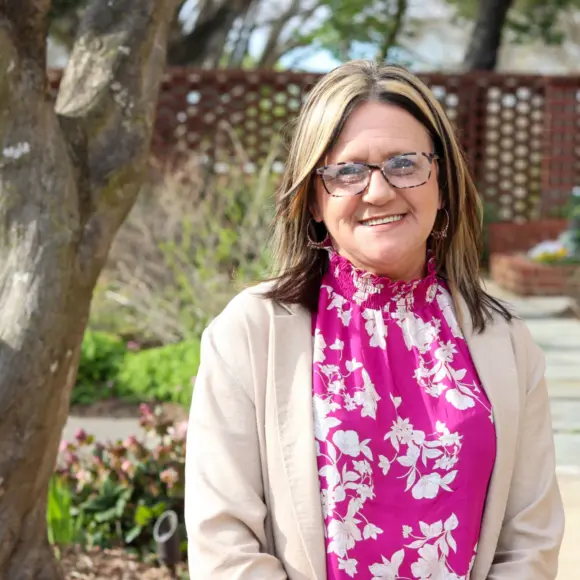
Director of Detox Services
Contact Information
3304 Glen Royal Road
Raleigh, NC 27617
